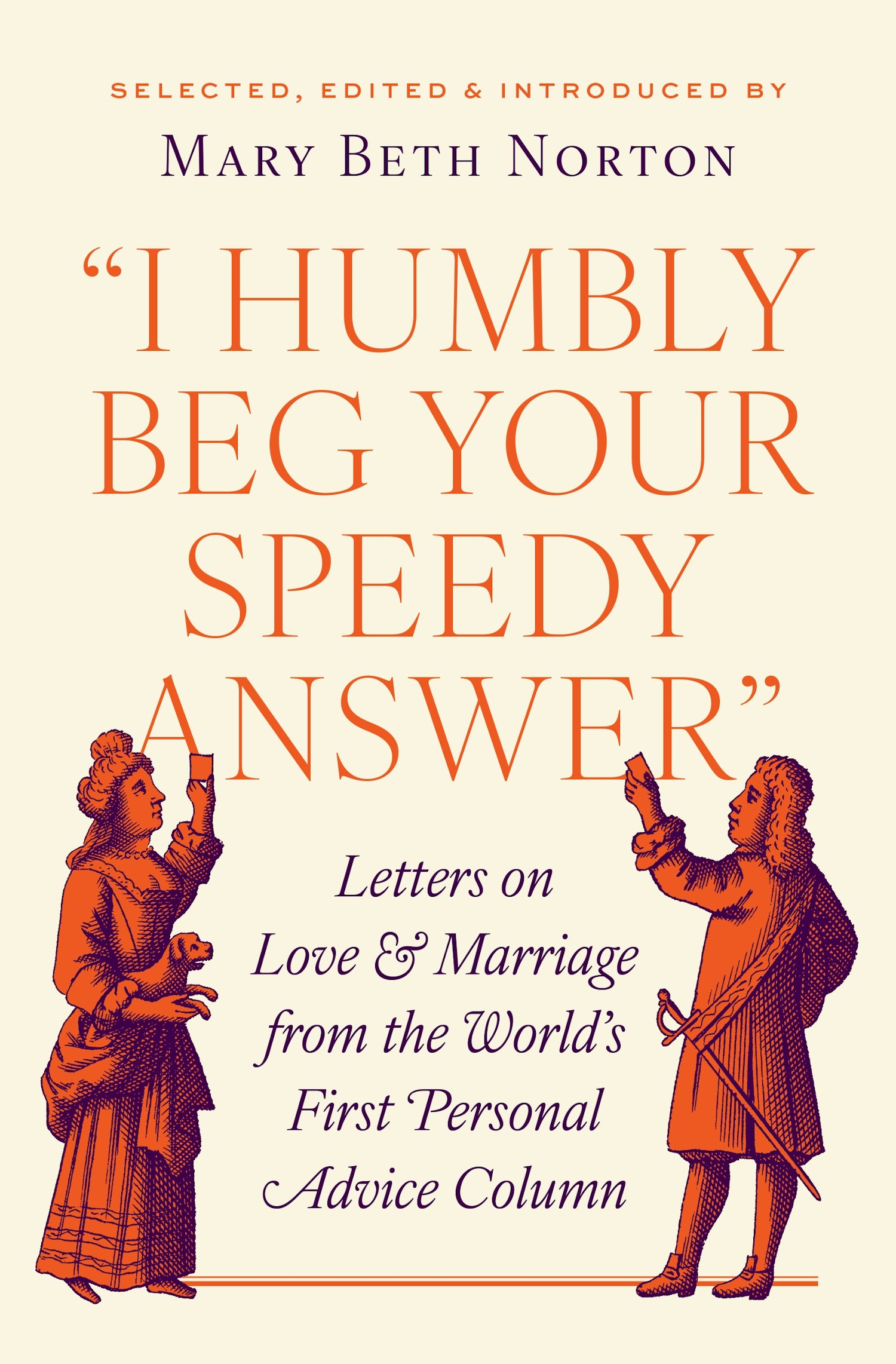Not long after my partner and I exchanged our first “I love you”s, I made an embarrassing confession. In the weeks leading up to the occasion, I had Googled how long one should wait before declaring their love, and combed through dozens of forums and articles in search of guidance. With relief, my partner blurted out: “I did the same thing!” I imagined us both whispering our mutual question into the search bar, seeking a faceless chorus of counsel.
We were far from the first to anonymously seek romantic prescriptions from strangers. In 1694, a lovelorn inquirer wrote to The Athenian Mercury, a periodical published by the English printer John Dunton, with a question not unlike mine: “A lady who is in love desires to know how she may decently convince the other person of her passion?” The response she received from the paper’s team of experts—that is, Dunton and his two brothers-in-law, under the guise of the “Athenian Society”—was surprisingly sympathetic: “Indeed, Madam, it’s a ticklish point,” they replied, “and you should know a man well before you try anything … To be plain with you, we find men to be an ungrateful sort of animal in such cases … But the best way will be to do it as decently as you can.”
The Athenian Mercury, which consisted entirely of questions and answers, ran for six years starting in 1691 and received thousands of inquiries, many of them attempts at sussing out the tacit rules of dating and romance. As the historian Mary Beth Norton writes in the introduction to her delightful new book, “I Humbly Beg Your Speedy Answer,” which collects and comments on a wide array of Q&As from the paper, many questioners invoked dilemmas that still vex people today: how to manage unrequited affections; how to extract oneself from a regrettable entanglement; how to recover from being “slighted,” or ghosted, by your beloved. (Though not all are so relatable: One woman wrote in 1693 that she “had the misfortune to have a young gentleman fall in love with me to such a degree that he became distracted and died.”)
